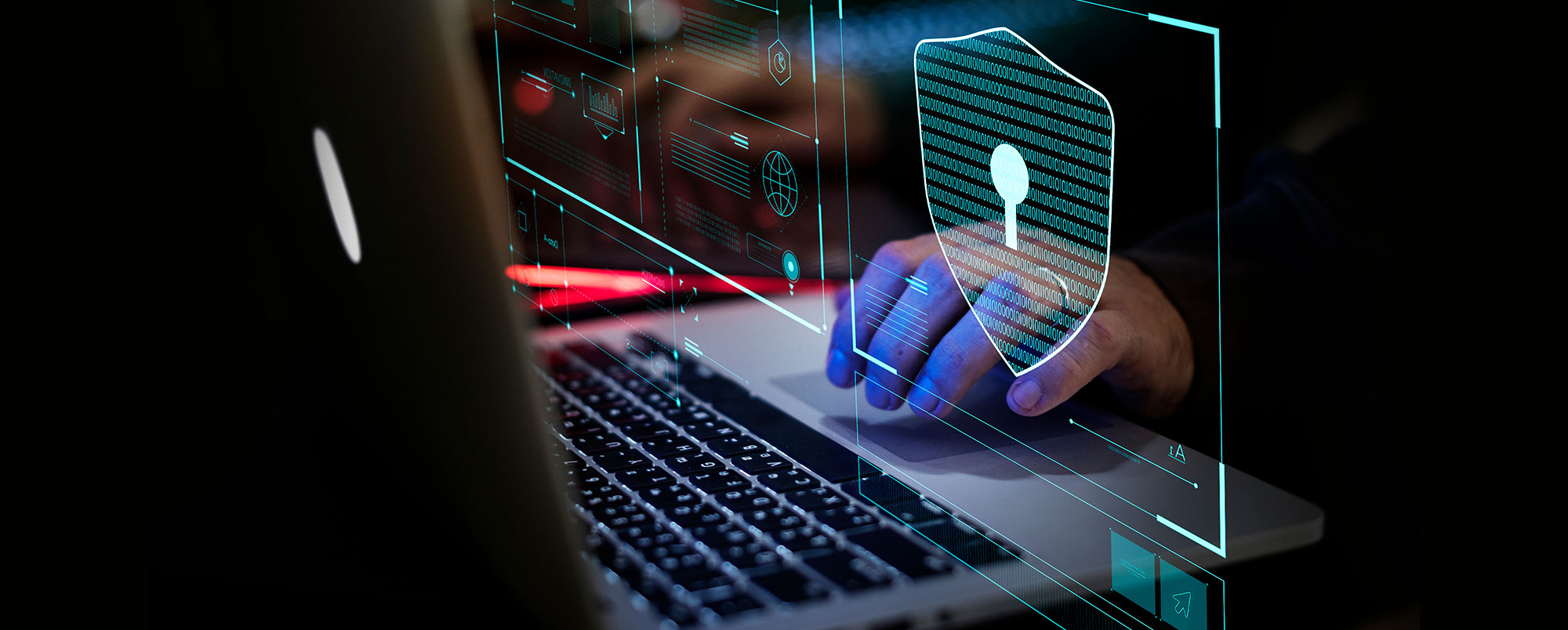A.I., machine learning, IoT rule the day when it comes to conversations around the future of logistics. Indeed, these technologies are revolutionizing the way logistics operates around the world. While it is a welcome move for the traditionally ‘physical’ sector, especially for businesses who have embraced digital technology, it presents its own set of challenges that need to be side-stepped carefully and vigilantly.
Just as the pace of digitalization continues to accelerate, so does the need for cybersecurity.
Especially in the case of logistics, warehouses, first and last mile delivery providers, freight forwarders, shipping companies – entities across the ecosystem are enabling cloud-based services. These provide magnificent dividends such as complete transparency for the end user, and the ability to track inventory in warehouses and cargo movement; however, the hyper-connectivity offered by digital technologies also leaves room for cyber threats, which even global consultants like McKinsey & Company say have become more sophisticated and targeted.
No one is invincible
The number of attacks are also alarming. As per a study conducted by Deep Instinct, malware has increased by a mindboggling 358% in 2020 alone, while ransomware increased by 435% in 2020 as compared to the previous year.
Also, the unprecedented events of 2020 disrupted businesses, damaged the global economy, and shook the cybersecurity industry. Companies across all sectors have experienced a spike in cyber attacks as COVID-19 reshaped the workplace. Throughout the year, hackers deployed various techniques to steal information and personal data from remote workers and hit establishments globally with ransomware. They also targeted the developers of COVID-19 vaccines.
Everyone is vulnerable, everyone needs to be responsible
When there is a massive breach of cybersecurity, it affects everyone in the value chain – right from the entity in question to its business partners, associates and perhaps even end-users.
Consequently, the responsibility to prevent such incidents and minimize their impact on the business also lies with every single stakeholder.
For instance, something as simple as having stronger passphrases of 15-16 characters and multifactor authentication can help make systems more secure. Robust network security systems, firewall protection, checks and balances at multiple digital touchpoints, etc. are well-known measures to ensure cybersecurity.
However, the biggest antidote to cyber-attacks is awareness. Just having knowledge of what may constitute a phishing attack, a malware attack or a ransom attack goes a long way in protecting not only the organization but the entire value chain.
Keeping safety first and foremost
For one of India’s largest integrated logistics service providers and global LCL consolidation leaders like Allcargo, digital technology adds immense value to the business. Being digital-first across all processes and operations is the right way ahead.
Which essentially means that an obsession with cybersecurity and safety is non-negotiable. It is no wonder then, that the organization takes consistent efforts to ensure training, awareness and regular communication to make sure each one of its expert professionals is vigilant and security smart. Cybersecurity then becomes a collective responsibility going much beyond the purview of the central IT team.
Conclusion
Digitalization has been a savior during the pandemic, and may possibly be the single biggest reason why the world economy didn’t crash. Thanks to digital technology we could all work-from-home, study-from-home and oxymoronically even socialize from home. So it is all the more important to keep in mind that protection against its flipside – cyber threats that affect supply chains – would require the buy-in of every stakeholder involved in the process.
———————————————————————————–
Mihirr P Thaker is the Chief Information Security Officer at Allcargo Logistics














